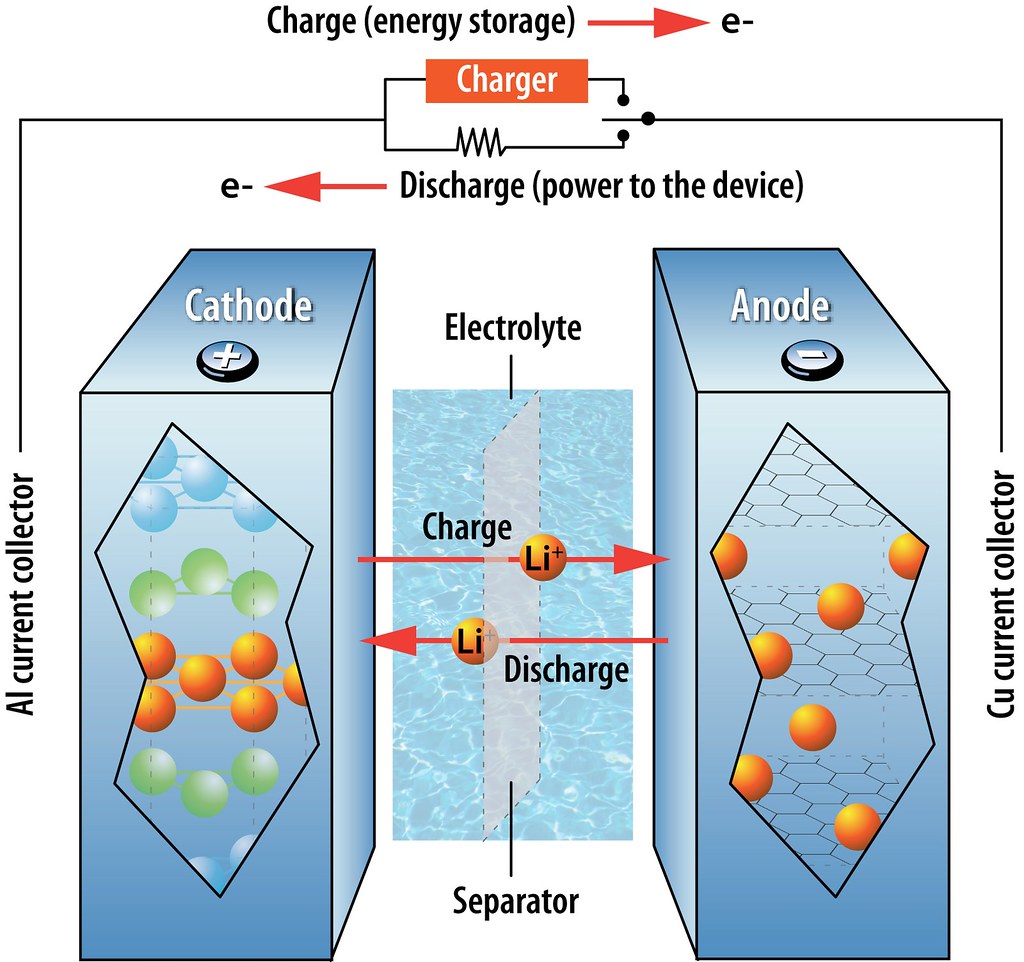Chockkalingam (Chock) Karuppaiah
Founder and Chairman, Vetri Labs, U.S.
Chief Technology Officer, Ohmium, U.S.
Date: July 14, 2021
Time: 1300h ET
Sponsor: Gamry Instruments & Hiden Analytical
Be it improving energy density or cycle life or reducing cost, understanding the failure modes of batteries in a non-destructive mode is critical during the design, product development, and manufacturing of lithium ion batteries. Electrochemical impedance spectroscopy (EIS) provides the ability to access and decouple the failure modes based on the processes’ time scale. Analysis of recorded EIS can be done either through phenomenological modelling or equivalent circuit modelling, with each having its own pros and cons.
This webinar reviews the basics of applying EIS for understanding the phenomena in lithium ion batteries, the experimental details and protocols, and the types of models with a few case studies.
Benefits of attending the webinar
Learn about:
- Understanding a battery’s failure modes before opening it;
- Power of electrochemical impedance spectroscopy;
- Experimental details and protocols to carry out EIS;
- Analyzing EIS data.
Chockkalingam (Chock) Karuppaiah
 Dr. Chockkalingam (Chock) Karuppaiah has over 23 years of experience in electrochemical and energy product development. Products he developed include polymer electrolyte fuel cells, flow batteries, and solid oxide fuel cells. Dr. Karuppaiah was involved in the design, development, and manufacturing scale-up of seven different products. His professional experience includes being Vice President of Engineering, Bloom Energy; Founder, EC Labs; Research Professor, Case Western Reserve University, U.S.; Manager of the Fundamentals Team, Plug Power; and Research Staff, Los Alamos National Lab.
Dr. Chockkalingam (Chock) Karuppaiah has over 23 years of experience in electrochemical and energy product development. Products he developed include polymer electrolyte fuel cells, flow batteries, and solid oxide fuel cells. Dr. Karuppaiah was involved in the design, development, and manufacturing scale-up of seven different products. His professional experience includes being Vice President of Engineering, Bloom Energy; Founder, EC Labs; Research Professor, Case Western Reserve University, U.S.; Manager of the Fundamentals Team, Plug Power; and Research Staff, Los Alamos National Lab.
Dr. Karuppaiah received his BS in Chemical and Electrochemical Engineering from the Central Electrochemical Research Institute, India (1993), and PhD in Electrochemistry and Fuel Cells from Rensselaer Polytechnic Institute, U.S. (1997). He authored 21 published patents.
Learn more about upcoming ECS Webinars and review our previous webinar recordings.
We thank our webinar sponsors who make these complimentary webinar programs possible.
Interested in presenting in the ECS Webinar Series? For consideration, email education@electrochem.org with your presentation title and abstract.





